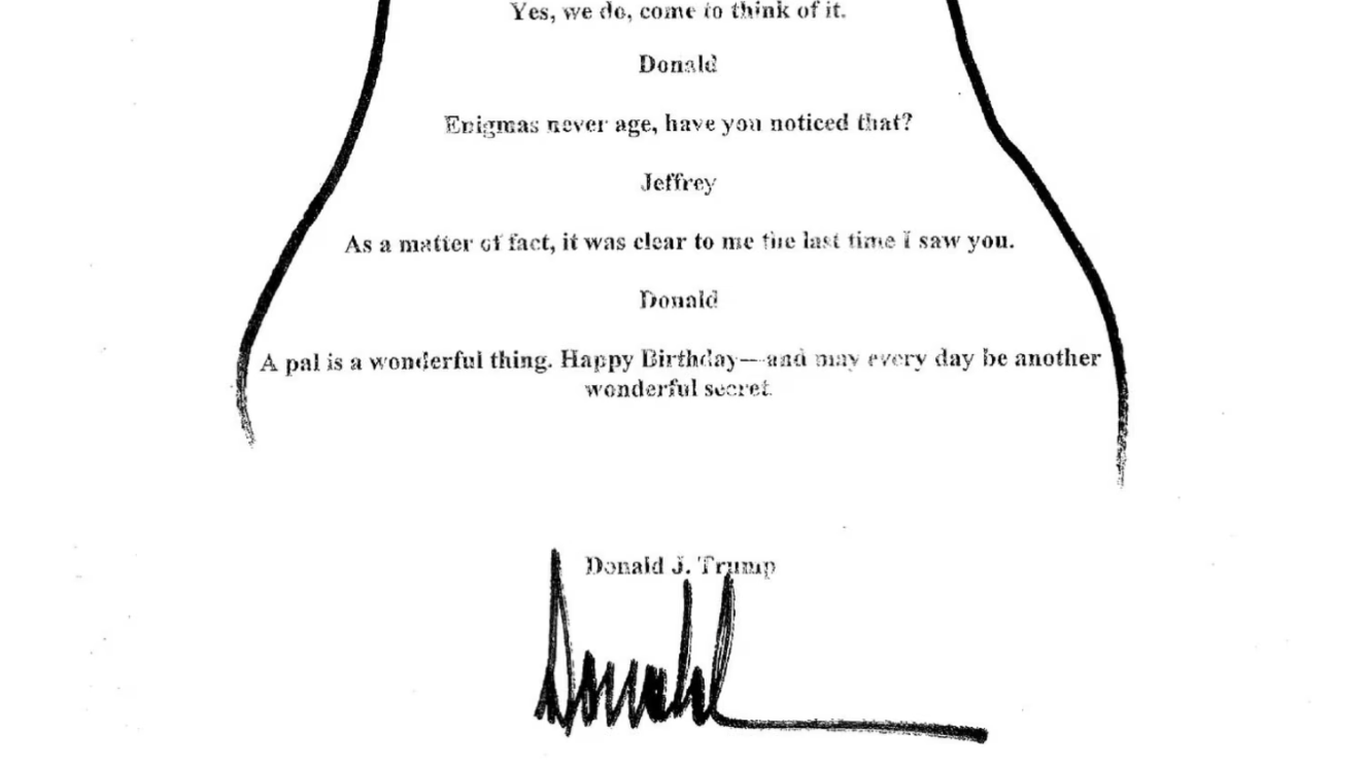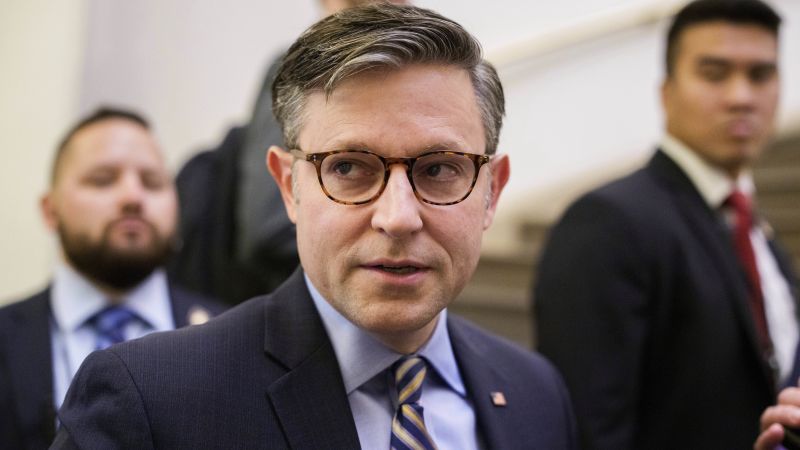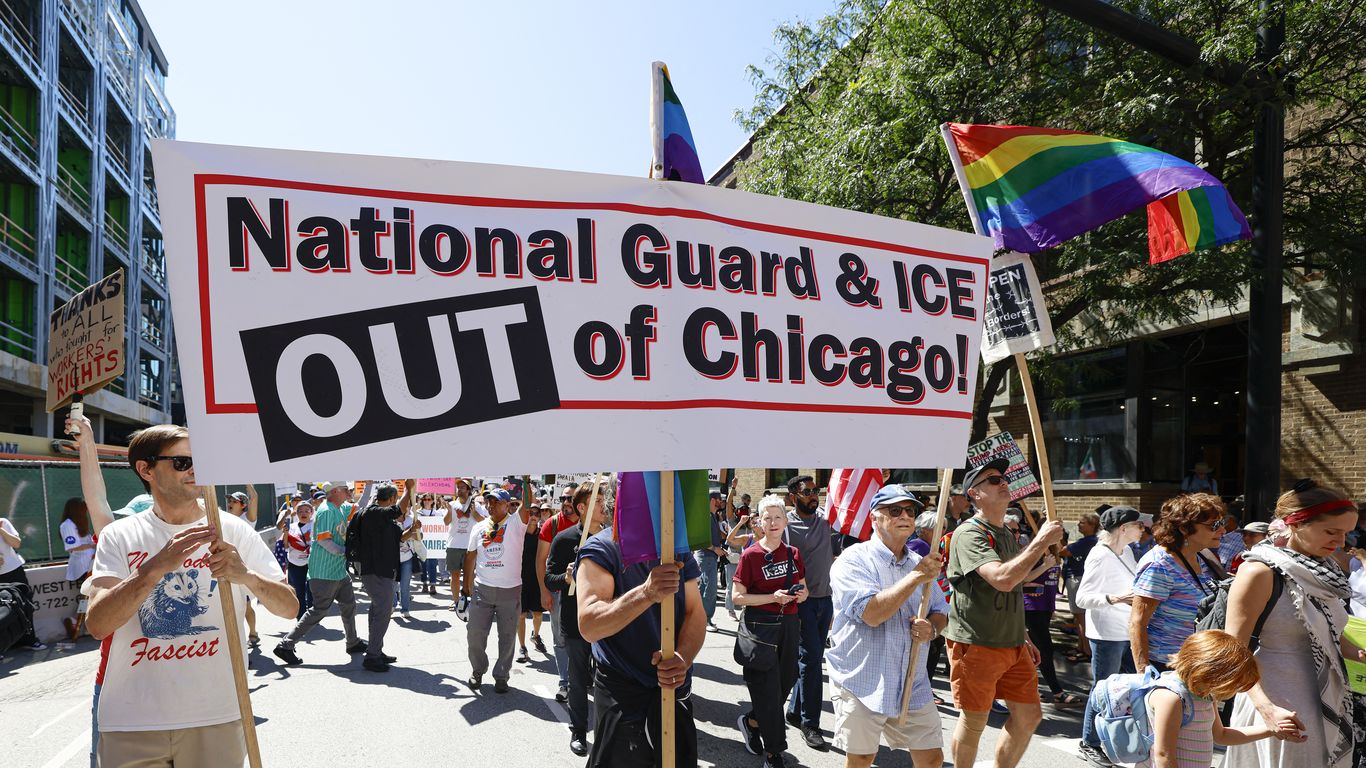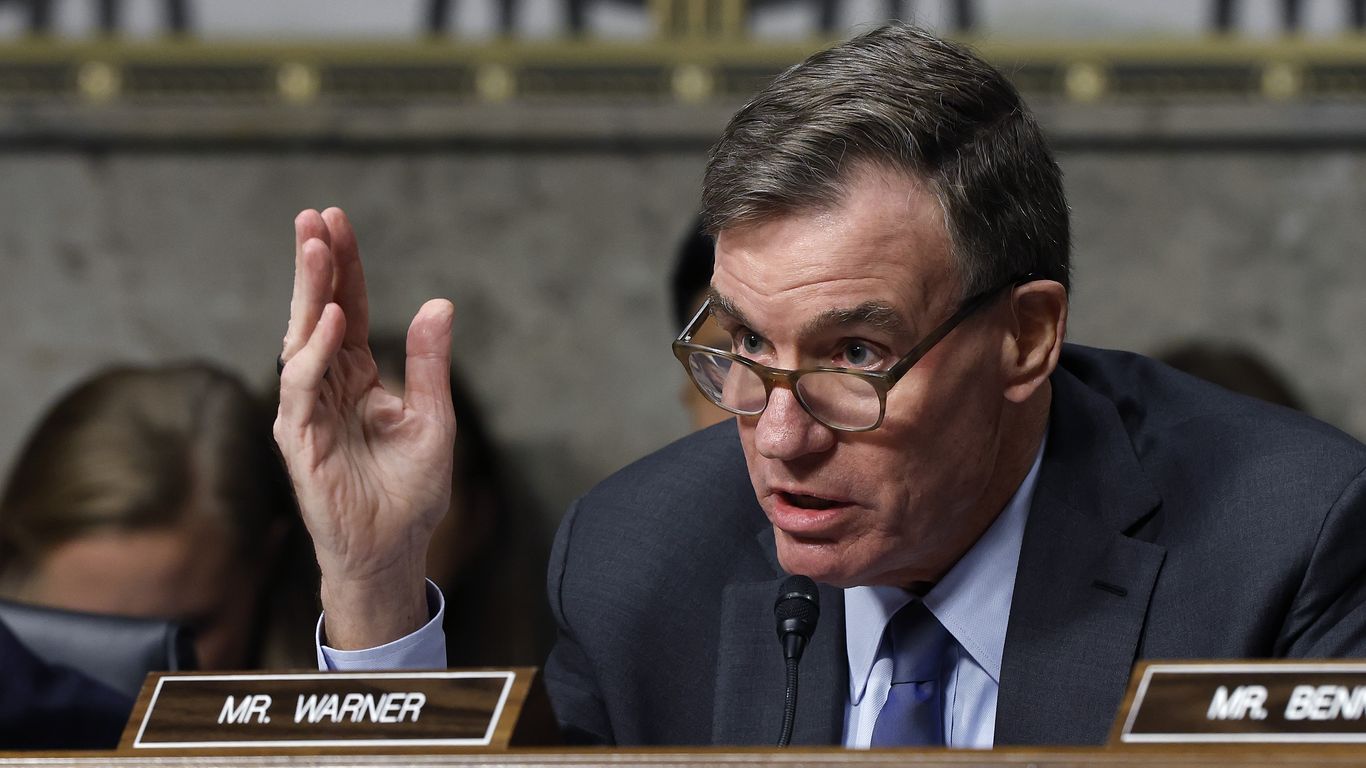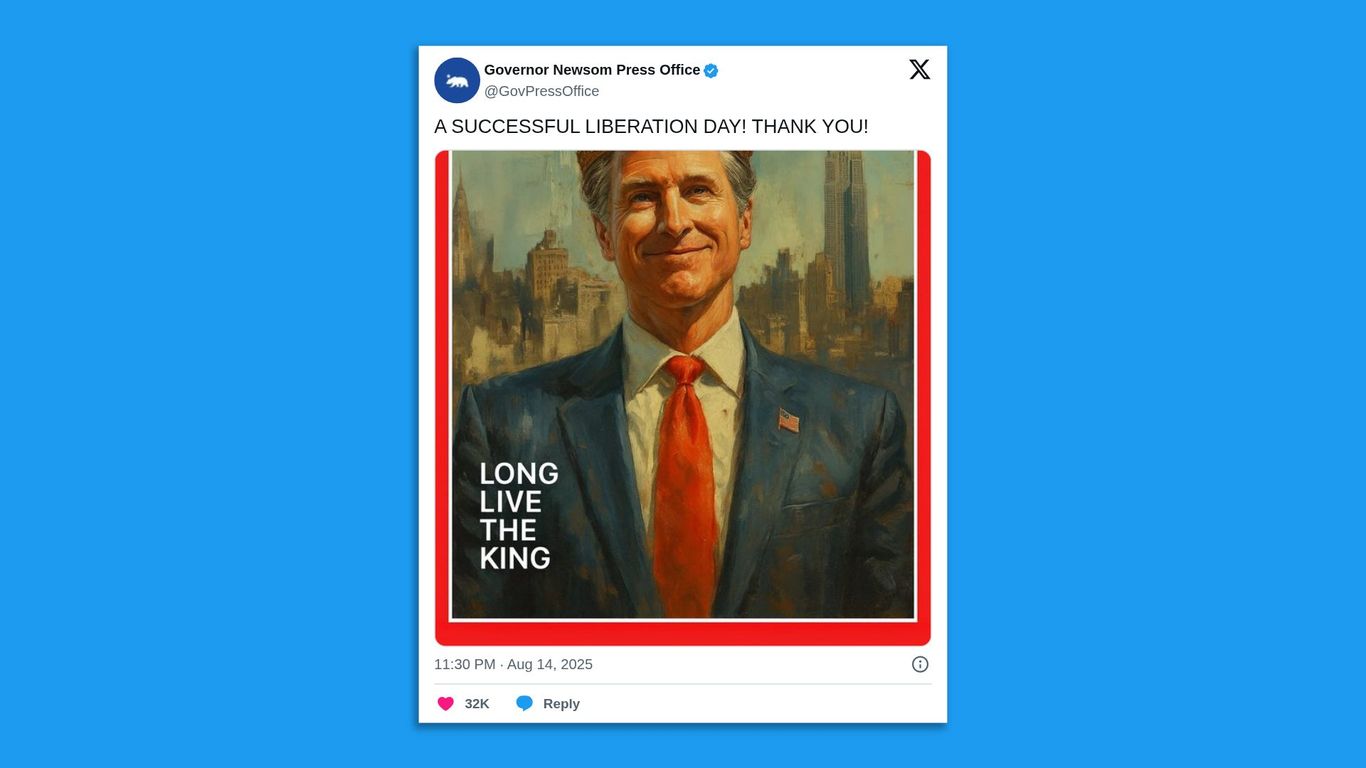Visual Protest: A Powerful Tool for Activists
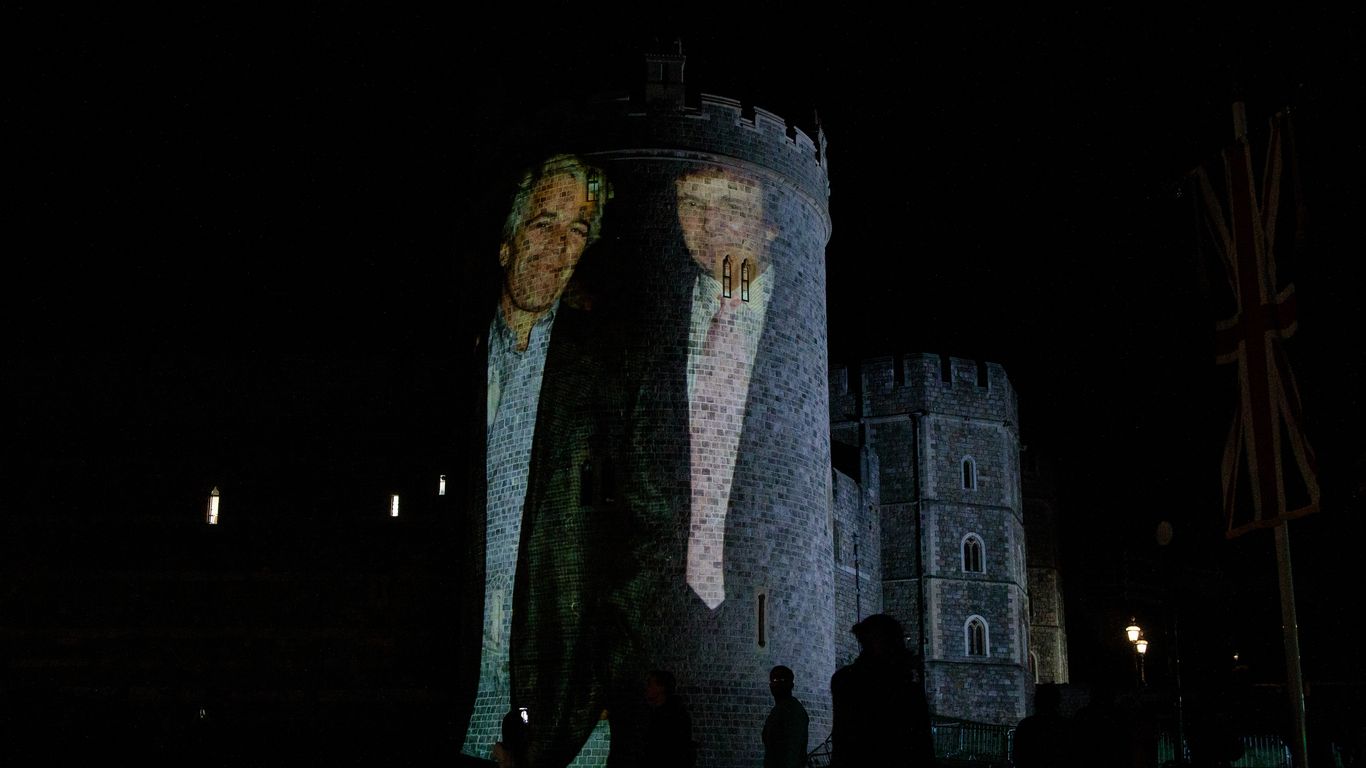
Introduction
During President Trump's visit to the U.K., activists took to a creative form of protest by beaming images of Trump and Jeffrey Epstein onto a castle. The protest was met with some resistance as four people were arrested on suspicion of malicious communication by British police. The use of visual protest is not a new concept, but it has been gaining popularity in recent years as a powerful tool to convey messages.
Key Details
The use of images has been a powerful tool for activists to convey their messages, especially in the age of social media. By projecting the images onto a castle, the activists were able to reach a larger audience and create a more impactful statement. This form of protest not only catches the attention of the public, but it also puts pressure on the government to take action. The combination of Trump and Epstein's images is a powerful symbol of the ongoing controversy surrounding the two figures.
Impact
The use of visual protest has proven to be a successful way for activists to make their voices heard. It allows for a creative and attention-grabbing form of expression. The fact that the activists were arrested for their actions shows the impact it had on the authorities. This form of protest also opens up discussions and conversations on important issues, leading to potential change. In a world where social media and images have a strong influence, visual protests are a powerful tool for
About the People Mentioned
Donald Trump
Donald John Trump, born June 14, 1946, in Queens, New York, is an American businessman, media personality, and politician. He graduated from the University of Pennsylvania’s Wharton School in 1968 with a degree in economics. In 1971, he took over his family’s real estate business, renaming it the Trump Organization, through which he expanded into building and managing skyscrapers, hotels, casinos, and golf courses. Trump gained widespread fame as the host of the reality TV show *The Apprentice* from 2004 to 2015, which helped establish his public persona as a successful entrepreneur. Trump entered politics as a Republican and was elected the 45th president of the United States, serving from 2017 to 2021. His presidency was marked by significant policy actions including tax cuts, deregulation, the appointment of three Supreme Court justices, renegotiation of trade agreements (notably replacing NAFTA with the USMCA), and a focus on immigration control including border wall expansion. He withdrew the U.S. from international agreements such as the Paris Climate Accord and the Iran nuclear deal, and engaged in a trade war with China. His administration’s response to the COVID-19 pandemic was criticized for downplaying the virus’s severity. Trump was impeached twice by the House of Representatives—first in 2019 for abuse of power and obstruction, and again in 2021 for incitement of insurrection—but was acquitted by the Senate both times. After losing the 2020 election to Joe Biden, Trump challenged the results, culminating in the January 6, 2021, Capitol riot. He remains a central figure in American politics, having won the 2024 presidential election and returned as the 47th president in 2025, continuing to promote policies aimed at economic growth, border security, and military strength[1][2][3][4].
Jeffrey Epstein
Jeffrey Edward Epstein (January 20, 1953 – August 10, 2019) was an American financier and convicted sex offender whose life and crimes attracted intense media scrutiny and public controversy[1][3]. Born and raised in Brooklyn, New York, Epstein initially worked as a teacher at the Dalton School in Manhattan before transitioning to a career in finance, joining Bear Stearns and later establishing his own investment firms[1][2]. He managed the wealth of billionaire Leslie Wexner, amassing significant personal fortune and cultivating a social circle that included politicians, celebrities, business leaders, and even royalty[2][3]. Epstein’s professional achievements were overshadowed by criminal allegations. In 2005, police in Palm Beach, Florida, began investigating him after a parent reported he had sexually abused her 14-year-old daughter[1]. Federal authorities later identified dozens of girls, some as young as 14, whom Epstein had allegedly abused[1][6]. In 2008, he pleaded guilty in Florida state court to procuring a child for prostitution and soliciting a prostitute as part of a controversial plea deal, serving nearly 13 months in custody with work release privileges[1][2]. Despite his conviction, Epstein avoided more severe federal charges at the time. In July 2019, Epstein was arrested again on federal charges for sex trafficking minors in Florida and New York[1][2]. While awaiting trial in a Manhattan jail, he was found dead in his cell on August 10, 2019; the medical examiner ruled his death a suicide by hanging[1][3]. The circumstances surrounding his death, including missing and modified CCTV footage, fueled widespread public skepticism and conspiracy theories[1]. In July 2025, the FBI released surveillance footage supporting the suicide ruling, though questions about the investigation persist[1]. Epstein’s case remains highly relevant due to ongoing lawsuits by his victims, investigations into his associates, and the release of thousands of previously sealed documents in early 2024 that renewed public interest in his network and alleged co-conspirators[2]. His former associate, Ghislaine Maxwell, was convicted of related charges, underscoring the lasting impact of his crimes[2]. Discussions about accountability, the influence of wealth and power, and the treatment of survivors continue to shape the public dialogue around Epstein’s legacy[2][5].
About the Organizations Mentioned
British Police
The British Police, encompassing the 43 territorial police forces across England and Wales, serve as the primary law enforcement body responsible for maintaining public order, preventing crime, and protecting citizens. As of March 2025, the total police workforce stood at approximately 235,753 full-time equivalent (FTE) positions, including officers, staff, and designated officers. This figure reflects a slight decrease from the previous year, marking the first year-on-year decline in police officer numbers since 2018, with the number of police officers falling by 0.9% to 146,442 FTE[1]. Historically, the UK policing model is globally renowned for its structure and effectiveness. However, it was originally designed for a less complex era, and today faces significant challenges due to digital transformation demands, cybercrime, and evolving public expectations. In response, the National Policing Digital Strategy 2025-2030 was launched to modernize the force’s technological capabilities. This strategy aims to overcome legacy system limitations, improve data quality, and address digital skills shortages, thus enhancing operational effectiveness and citizen engagement through digital innovation[2]. Key achievements of British Police include maintaining a high standard of law enforcement despite increasing complexity and demand. However, ongoing challenges such as skills shortages, recruitment difficulties, and retention issues impact operational capacity[3][6]. Public perception data shows varied experiences with police visibility, with higher visibility reported in urban areas and among certain demographic groups, reflecting tailored policing approaches to community needs[5]. Currently, British Police are in a transformative phase, balancing traditional policing with advanced technology integration to meet 21st-century security challenges. Collaborative efforts with the private sector and a focus on seamless citizen experiences promise to redefine policing effectiveness and public trust in the coming years[2]. This evolution is critical for sustaining the organization’s leadership in law enforcement amid rapidly changing societal and technological landscapes.

